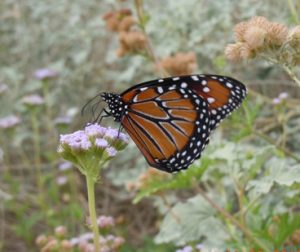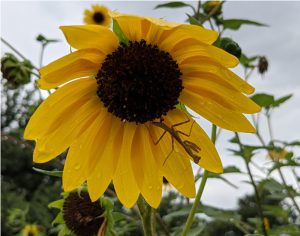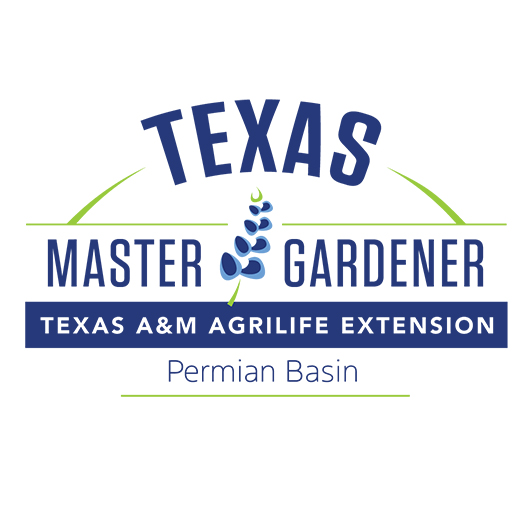By Emmy Ulmschneider
Master Gardeners
I became a septuagenarian this week and in those seventy circuits around the sun I have seen many changes. When I first moved to Midland in 1981, I marked spring by the call of spadefoot toads in our urban parks that were once playas, and I awoke each morning to birdsong. I marveled at the number of migrating hawks I could see along the electrical lines. In our backyard, my girls and I counted dozens of Monarch butterflies each fall migration; we watched cicada killers, marveled at the variety of lizard life, including horned lizards, listened in summer evenings to the cacophony of June bugs, cicadas, and crickets while we watched for black witch moths. Now there are fewer Monarchs, lizards and insects. I no longer see the migratory birds that once ushered in our seasons.

As a gardener, I have seen changes in the way the native plants and the garden vegetables grow. I plant tomatoes earlier each year to have fruit before the summer heat sets in and I am diligent in shaking my tomato plants to compensate for the absence of natural pollinators such as bumble bees.
Did you know that insects form the basis of nature’s food chains and provide vital ecosystem services such as pollination and decomposition? So how can we help give nature a boost? We plant natives, eliminate pesticide use, and turn off outdoor lights at night. In short, start to create a welcoming habitat for the life that surrounds us.

Since a picture is worth a thousand words, I have taken some in our area which show nature at its best. It really is worth the effort to keep our beautiful West Texas area flourishing.
For more information, check out our blog entries for 2021-09-12, 2021-10-06, 2021-09-19 and 2021-10-06, 2202-01-16 and 2202-01-23.
For more information, call the AgriLife office at 498-4071 in Odessa or at 686-4700 in Midland or visit aggie-horticulture.tamu.edu or westtexasgardening.org.




